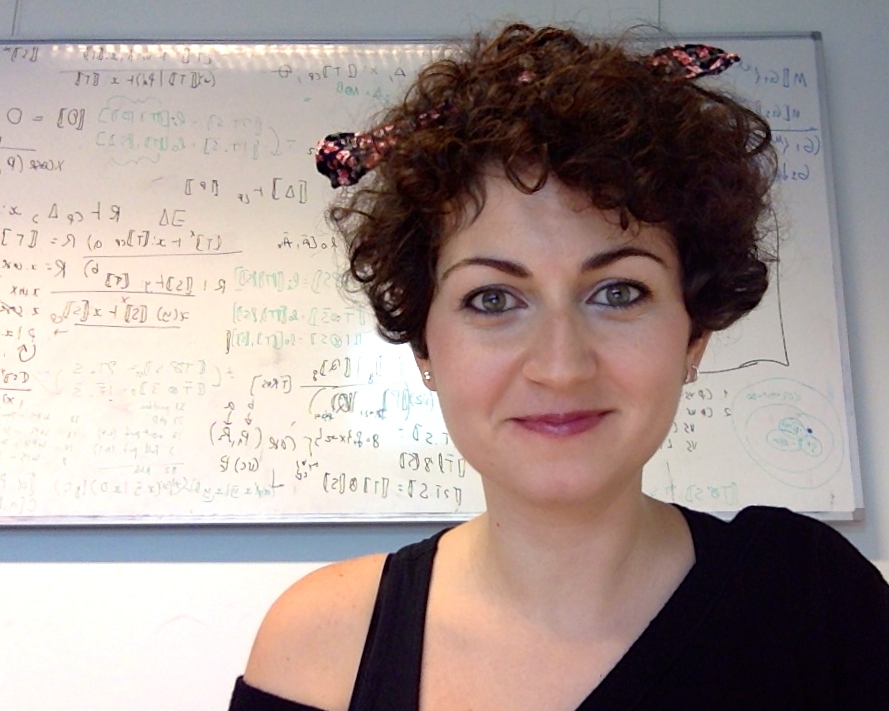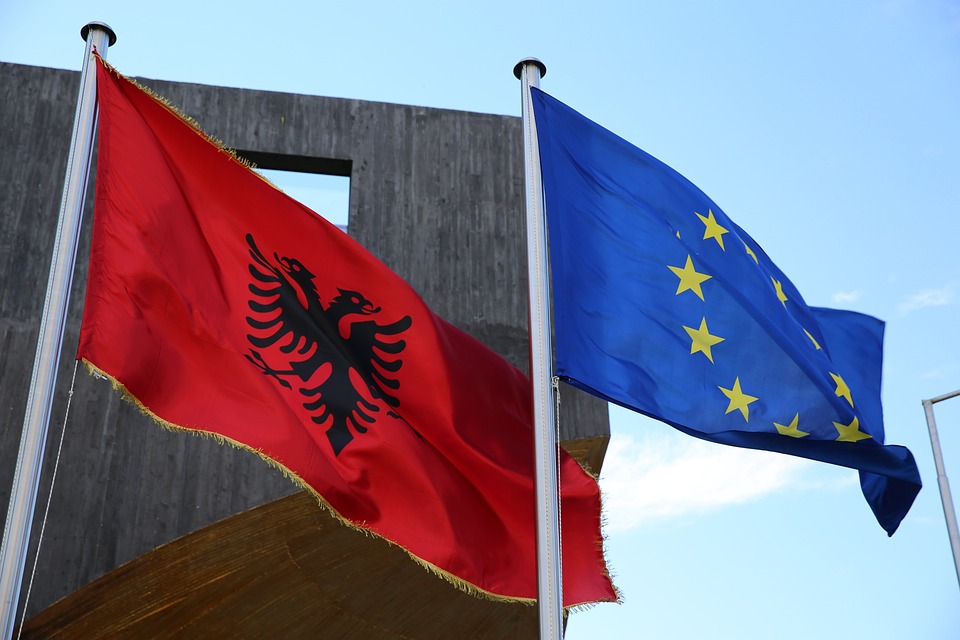The Italian Ministry of Foreign Affairs and International Cooperation (MAECI) has presented Dr Ornela Dardha with the inaugural ‘Science, She Says!’ award. Dr Dardha, an academic from the University of Glasgow, was recognised for her outstanding contributions to the advancement of science and technology, and her strong connections with the Italian scientific community.
The award is given to exceptional female scientists from around the world who are not of Italian descent, with recipients selected from five global regions. Dr Dardha was awarded the Europe prize, which was presented to her at the Italian Scientific Attachés Conference in Padova, Italy on 6 March 2023.
In an interview with ANSA news Dardha said about the award: “It is an honour to have received the “Science, She Says!” Award for Europe. I am very grateful to the Italian Ministry of Foreign Affairs and International Cooperation for this recognition; not only for recognising my work and scientific contribution, but also for recognising my strong connection with Italy. I am very grateful to Prof Dame Muffy Calder, Prof Margaret Lucas and Prof Simon Gay for nominating me for the award and for their support.”
Dardha, a computing science Senior Lecturer, specializes in the foundations of programming languages. She has gained recognition for her significant contribution, “Session Types Revisited,” which has been awarded two prizes and serves as a basis for theoretical and practical research led by other scholars.
As the Programming Languages Theme Lead, she represents Glasgow in the Scottish Programming Languages Institute. Additionally, she has participated in several European research networks, collaborating with Italian institutions. Dr. Dardha presently holds the position of Science Communication Coordinator for EuroProofNet and BehAPI’s Glasgow Site Lead. Her current research involves collaborating with the Universities of Torino and Bologna.
Dardha was born and raised in Berat, Albania, but at the age of 19 she went to Rome to continue her studies in computer science and informatics at Sapienza University. She graduated her bachelors and masters with outstanding marks. Before continuing her doctorate in computer science at the University of Bologna.
Her doctoral thesis won the best doctorate thesis award in theoretical informatics in Italy in 2015 and in 2016, it was published in a book.
After her doctorate, she went to Glasgow in a post-doctorate position for four years before being employed as a lecturer and then a senior lecturer.
While enjoying significant academic and professional success abroad, Dardha told me she still feels a strong connection to her Albanian roots.
“I still feel very much connected to my Albanian roots. For starters, my parents still live in Albania and I am very much connected to them.”
But despite this, she does not have any immediate plans to return home.
“I left Albania in 2004 and did all my studies and built my career abroad. For now, I think I am pretty stable in Glasgow and at this stage my connection is both professional and personal. Looking back at all these years of changing cities, I never imagined I would have travelled and lived in the places that I did. So who knows what the future brings. Perhaps at some point, I will return to Albania.”
However, she is keen to work more closely with her Albanian peers.
“Focusing a bit more on the present and not the future, I would very much like to establish connections and collaborations with the scientific community in Albania and the various universities there. These collaborations could take the form of PhD supervisions, research papers, grant proposals or teaching and training. I very much welcome it!”
Last but not least, in terms of advice she would give to other Albanian women looking to pursue a career in academia or the sciences, she said it is important not to bow to stereotypes.
“If pursuing a scientific or technological discipline is what drives you, then go for it. Same if academia is your calling. Don’t let prejudice or perception that “STEM fields are for boys” get in the way of your dreams, because it is not true that they are! Boys and girls equally can pursue these career paths and excel and be successful,” she said.
Follow The Balkanista!



